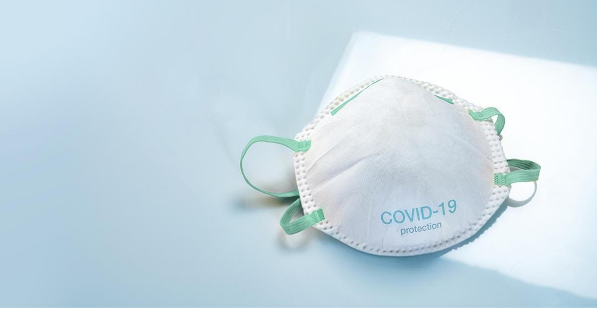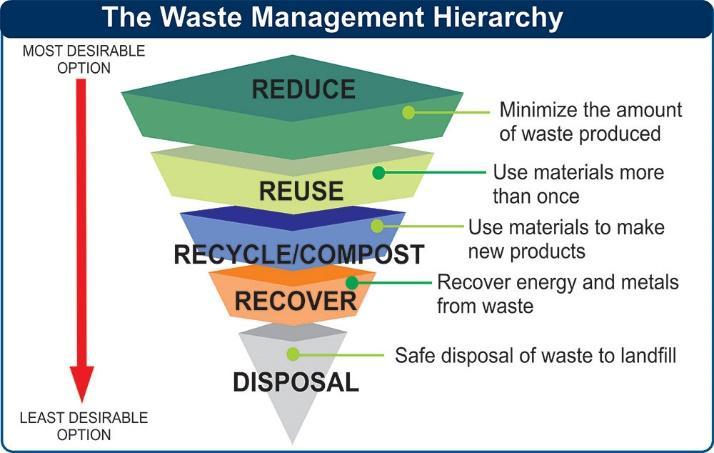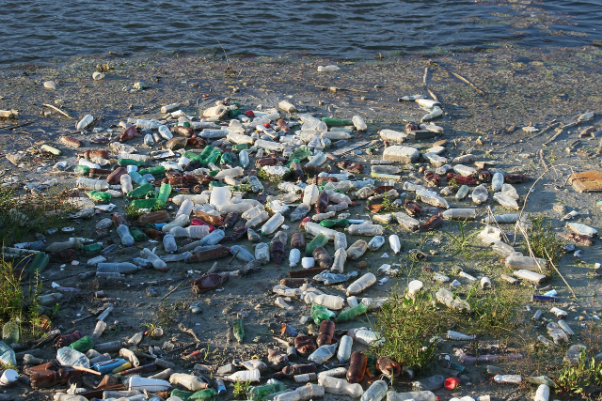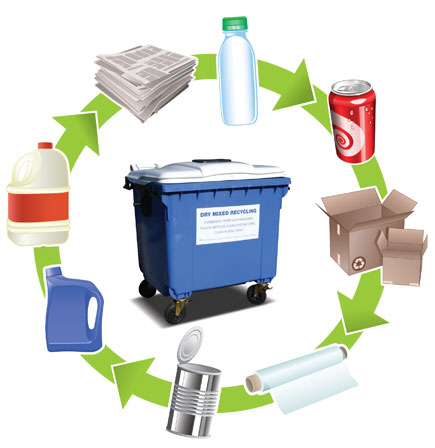Recycling of glass – Why can’t all glass products be easily recycled?
We already know that every human activity results in the creation of waste. Its proper disposal, disposal and, if possible, recycling is key to nature conservation.

Usually when it comes to environmental damage and hazardous waste , we are used to imagining poisonous, explosive, radioactive substances and materials. However, we rarely think that if they are not disposed of properly, even the most harmless substances can cause harm .
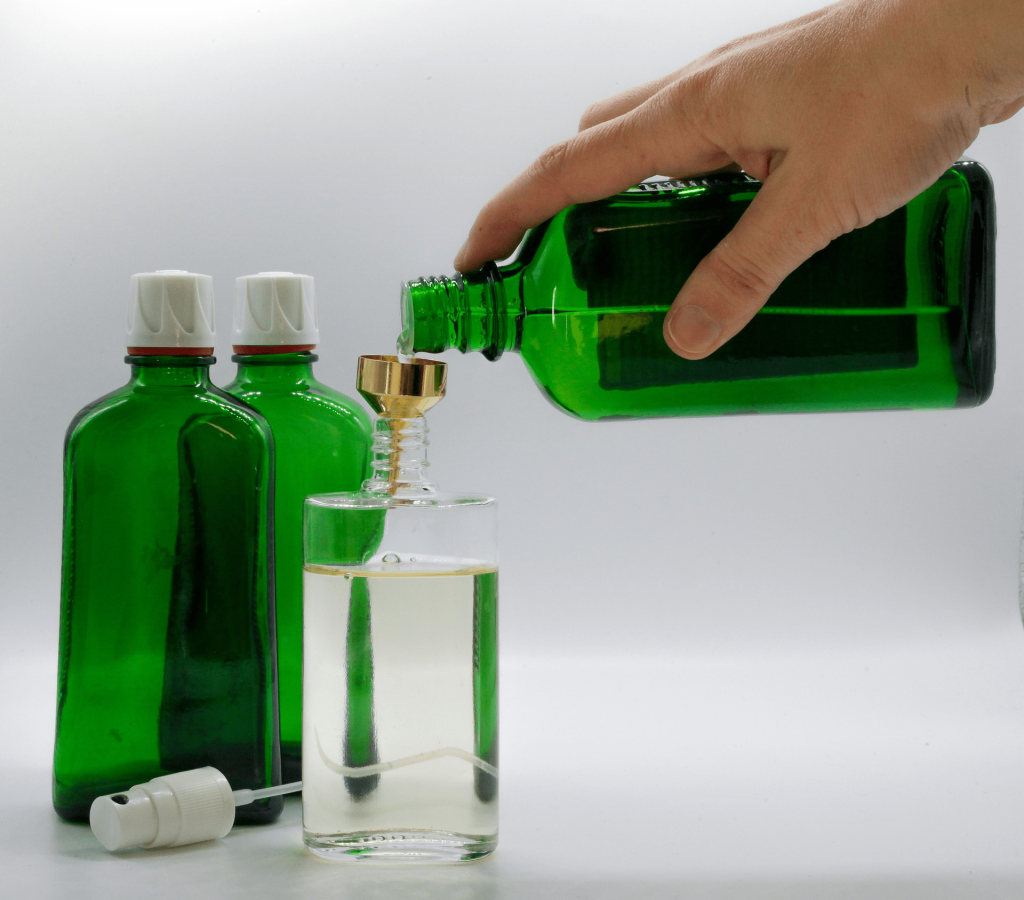
Let’s focus, for example, on the glass . This is a material that consists mainly of the substance silica, extracted from the well-known quartz sand.
Historical facts
From the distant prehistoric past mankind began to use glass . As early as the Stone Age, pieces of it found in nature were used for weapons and more. The first evidence of glass made by human hands comes to us from ancient Egyptian historical monuments.
However, it took our civilization a long time to understand its secret – the ability to make round and oval shapes of glass by blowing when heated to a certain melting point.
Today it is one of the most widely used materials in the world. It can be used to make light bulbs, as well as windows, cutlery, mirrors, furniture, perfume bottles, laboratory equipment and much more.
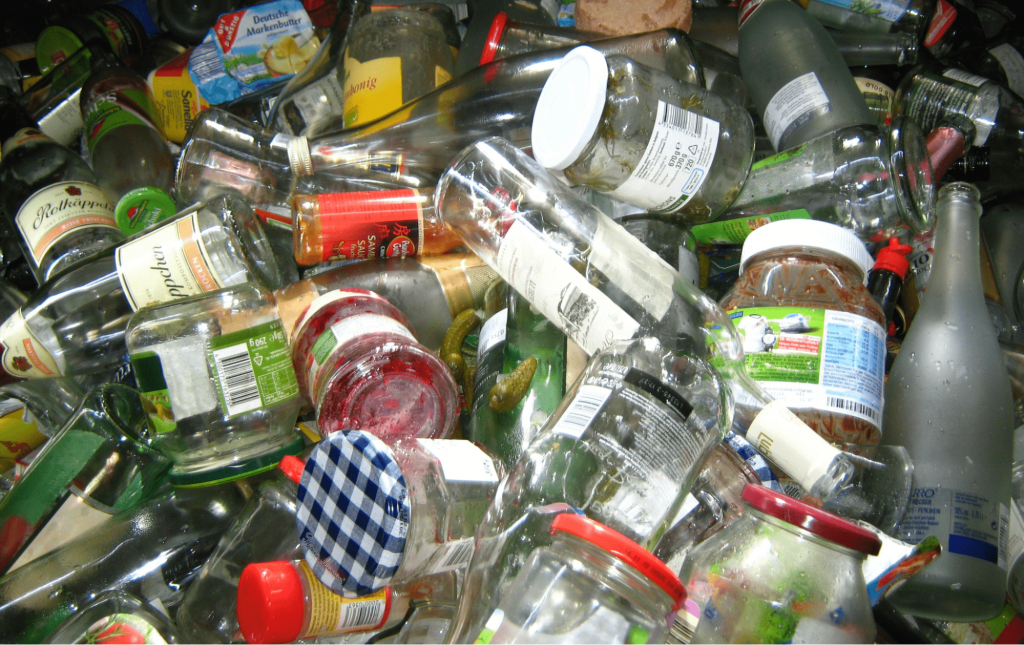
Benefits
The great thing about glass is that, unlike many other widely used materials, it at least does not pollute the environment. It is completely harmless for storing food and beverages – it does not change their composition or taste. The same glass container can be used again and again without any problem.
Problems and challenges
In general, glass is a heavy and fragile material and, depending on what it is used for, it can create some unnecessary costs and potentially headaches.
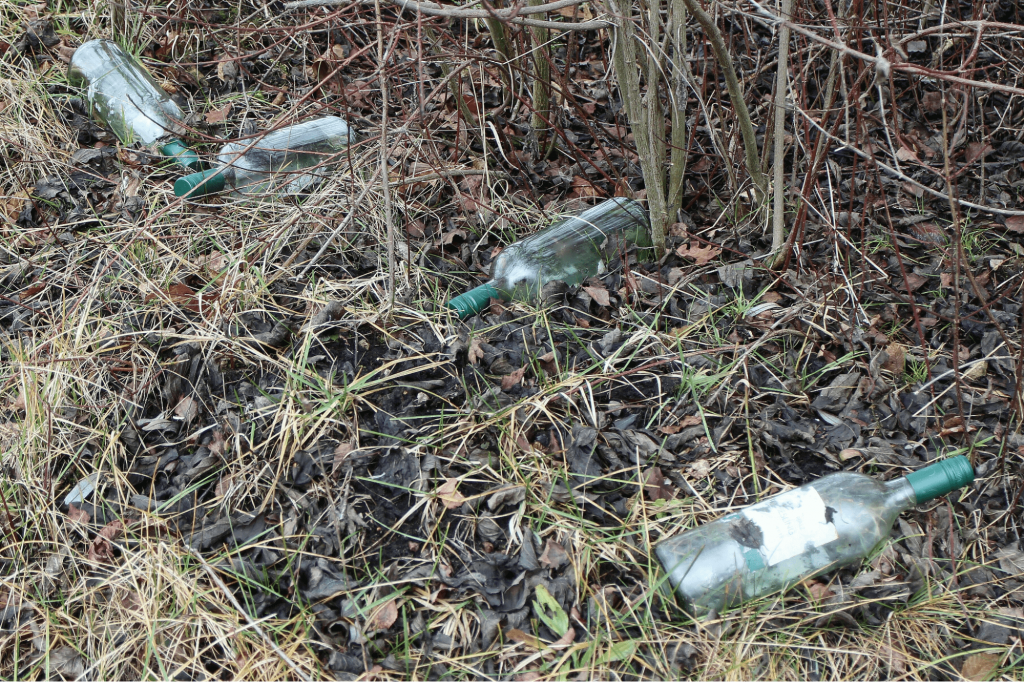
Can glass be recycled and how?
Unlike many other materials we use on a daily basis, glass is easy and 100 percent recyclable . In addition, it is even more expensive if we produce it again and again from raw materials.
The price for this is high not only economically. For glass production from scratch is currently associated with the consumption of non-renewable resources such as petroleum products. Moreover, it should be noted that almost always when new glass is produced, a certain amount of recycled glass granules is used.
The good thing is that recycled glass is not of lower quality than brand new. Did you know that most of the glass bottles we see in mass use have been recycled several times and more than half of the material in them has already been used at least once?
During the process, the glass simply needs to be heated to about 1400 – 1500 degrees on the Celsius scale. This is far from unattainable. The required temperature levels can be reached quite easily with the help of special industrial furnaces.
It is also possible to blow glass by hand using special heating tools in a laboratory environment. Here the case is not similar to plastics, where it is a real challenge for scientists to find a way to break down some of them after use. The problem with glass, however, lies elsewhere.
Glasses that we cannot recycle
Usually when we break a glass or other glass object at home, we carefully collect the pieces and throw them in the glass waste container. Do you know why this is actually a mistake? It turns out that not every glass can be recycled, and even if it can, there will be a specific melting point.
Thus, in practice, in order for glass to be recyclable, it must be separated not only from other types of waste, but also sorted into recyclable and, respectively, non-recyclable glass, and recyclable glass must be divided by its melting temperature.
So-called reinforced borosilicate glasses are among those that should not be placed in the recycling container. One thing at hand is that their melting point is much higher than that of ordinary glass. The more serious problem, however, is that when they get into the furnace, they will change the viscosity of the remaining liquefied glass.
Attention! Ceramics, although similar in appearance to glass, do not have the same structure as it does and unfortunately cannot be recycled . That is why we cannot dispose of such materials in glass containers.
Glass that is additionally colored with paints and decorated with glue or foil, for example, also cannot be recycled, as other materials cannot be easily separated from them.
The glass used for most types of modern light bulbs also could not be reused. Moreover, they must be disposed of together with the special waste of WEEE class for disposal of potentially harmful ingredients.
After all, what are the types of glass that can be recycled?
When we dispose of glass waste, we must sort it properly . In practice, only glass bottles and other products that are explicitly indicated with the appropriate stamp that this is possible are recyclable.
Unfortunately, of the laboratory glasses , only those with a dark brown color can be recycled, the rest are not subject.
Why can some glasses be dangerous?
Here it is important to note that you make glass – such as windows, for example, are treated as hazardous waste, because in addition to not being accepted for recycling, they threaten the risk of causing forest fires , if they are thrown at random in nature, as often happens.
We should keep in mind that they act on the principle of a magnifying glass and accordingly, the larger the area of the pieces, the more sunlight they will attract, as a result of which the risk of possible ignition of the dry grass below increases.
Prohibited practices in the collection of glass waste
Because the recycling points do not accept them, some people decide to break the glass into very small pieces to prevent the risk of fire. They say that it can even enrich the soil.
Even if this is the case, the venture is too dangerous to do on your own without the help of specialists. In addition, the legislation provides for severe fines for indiscriminate disposal of such materials or other breaches of administrative regulations.


